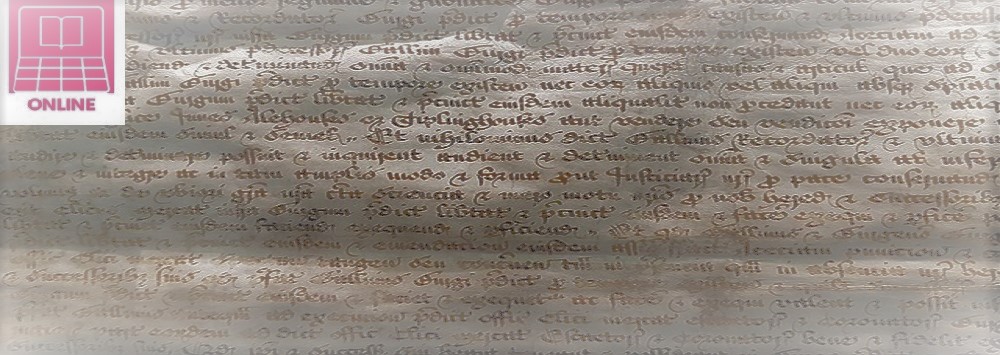Start Date
6 February, 2025
There will be 8 weekly meetings on Thursday, 6 - 8pm, starting from 6 February.
Overview
Latin II builds on students’ basic knowledge of Latin grammar and vocabulary, and enables them to read adapted texts mainly in prose. Students will develop a reading proficiency by implementing and refining techniques to translate for accuracy, comprehension, and retention. Through learning the Latin language, students will explore Roman culture and history and its impact on modern languages and societies.
Latin II is suitable for enquiring students of both Humanities and Sciences who want to gain a deeper understanding of Western Civilisation. Latin is the mother language of the five Romance languages – Italian, Spanish, French, Portuguese and Romanian – and provides the root words for sciences such as biology, chemistry, logic and law. Its rich grammar system enables students to improve their attention to detail and critical thinking, and offers a great intellectual satisfaction. Successful completion of Latin I (or some basic knowledge of Latin) is required to attend this course.
Syllabus
Week 1:
- CLC Stage 7: Reading passages fābula mīrābilis; Dēcēns; post cēnam [translation and comprehension].
- Grammar: Imperfect and Perfect revision; more Perfect tenses: second and third conjugations, some irregular forms.
- Cultural Background: Roman beliefs about the afterlife.
Week 2:
- CLC Stage 7: Read Metella et Melissa. Language consolidation: Practising the Language (singular and plural verb; nominative and accusative).
- CLC Stage 8: Reading passages gladiātōrēs; in arēna.
- Grammar: Accusative plural.
Week 3:
- CLC Stage 8: Reading passages vēnātiō; pāstor et leō [Translation and Comprehension exercise].
- Grammar: Superlatives.
- Cultural background: the gladiators.
Week 4:
- CLC Stage 9: Reading of in palaestrā; in taberna; in apodyteriō [Translation and Comprehension exercise].
- Grammar: the Dative case.
- Cultural background: Roman Thermae (see Bath in the UK).
Week 5:
- CLC Stage 10: model sentences (translation); reading of controversia and statuae [Translation and Comprehension exercise].
- Grammar: pronouns nos and vos; 1st and 2nd p. plu. Forms of verbs.
- Cultural background: Roman education and schooling system.
Week 6:
- CLC Stage 10: statuae [Translation and Comprehension exercise, part 2]; comprehension of annulus Aegyptius.
- Grammar: pronouns nos and vos; 1st and 2nd p. plu. Forms of verbs; comparatives.
- Cultural background: Roman education and schooling system.
Week 7:
- CLC Stage 11: model sentences (translation); reading of Marcus et Quintus; Sulla [Translation and Comprehension exercise].
- Grammar: verbs with dative construction.
- Cultural background: Roman elections.
Week 8:
- Class Mock Test: grammar and vocabulary.
- Grammar and vocabulary big revision.
- Cultural Background Booklet and hands-on activity.
Please note that the ‘last date available to book’ date is only a guide. We reserve the right to close bookings earlier if courses are over- or under-subscribed. In order to avoid disappointment, please be sure enrol as soon as possible. Registrations will not be processed until the following day if received after 3pm.
Course Lecturer: Dr Guendalina Taietti
Dr Guen Taietti is an Italian Classicist based in Greece with an interest in Alexander the Great, Macedonian History, and in the study of Animals in Antiquity. Guen has worked as a Classics teacher both in schools and at University level in Italy, Greece, the UK, and China; currently she is participating in a research project on the Alexander-Romance at the University of Haifa. Alongside her research, she is enthusiastic about making Classics more inclusive and accessible to a wider audience, travelling, and learning new languages and cultures. In her free time, she is an amateur runner and is committed to the protection of the environment and animals.
Courses fees: Full fee £125/Concession £65.
Back to: Continuing Education
